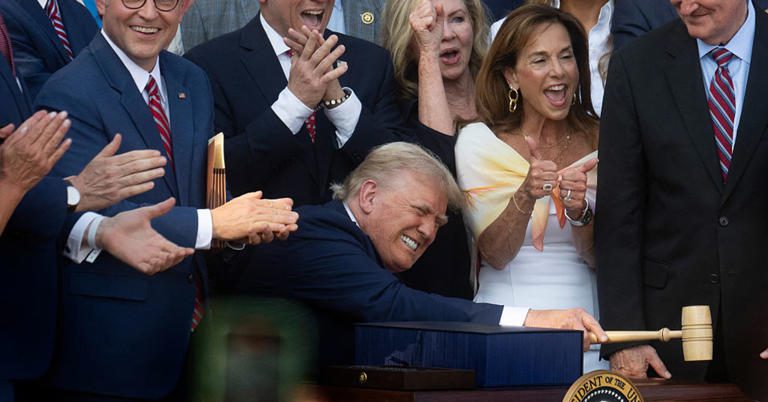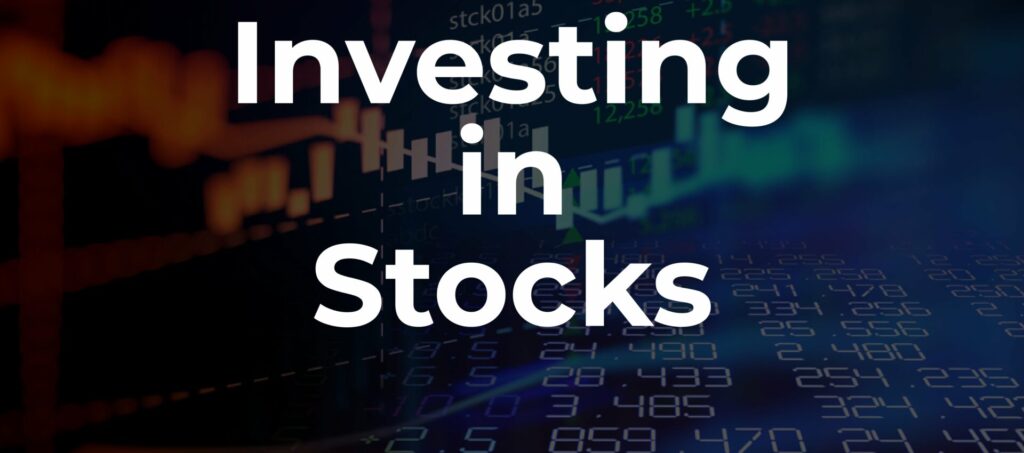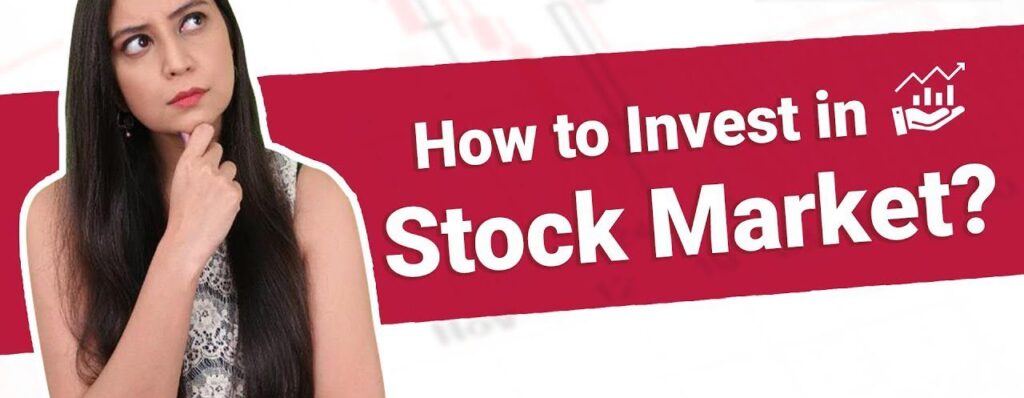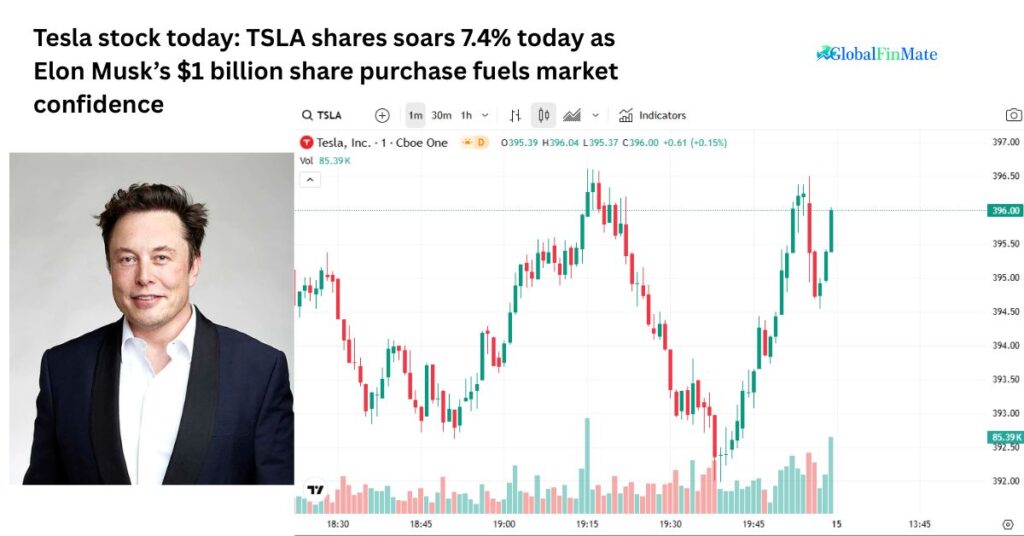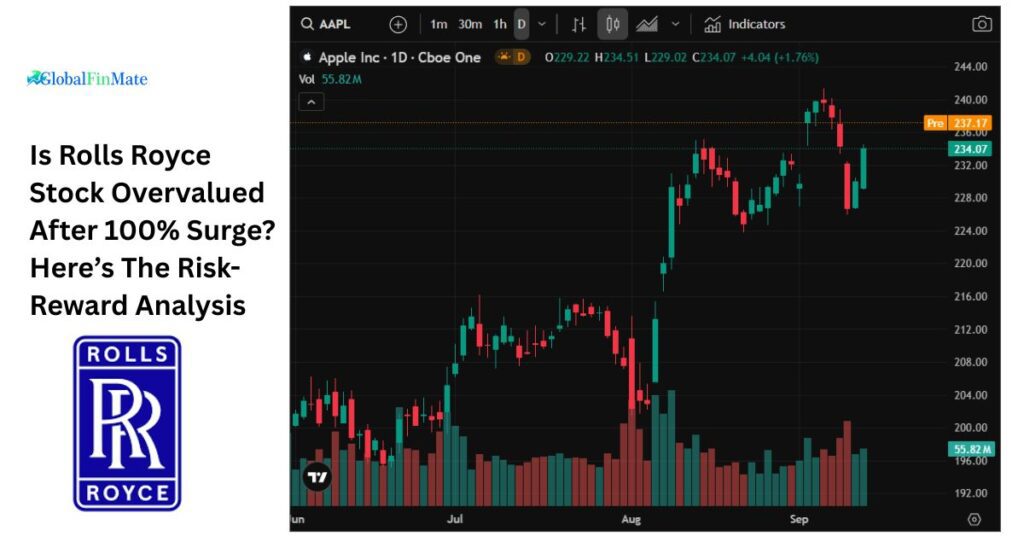Global stocks are mostly higher Tuesday after President Donald Trump pushed back imposing his “reciprocal” tariffs and reportedly said he was open to deals.
In an executive order signed Monday, Trump moved the tariffs deadline from Wednesday to 12:01 a.m. ET on Aug. 1.1Bloomberg reported that Trump said the new deadline was “not 100% firm,” and that he was willing to negotiate.2
Earlier Monday, Trump shared screenshots on his Truth Social platform of signed letters outlining new tariff rates sent to the leaders of several countries, mostly in Asia, including 25% levies on South Korea and Japan.3
Global stocks are mostly higher
U.S. stock futures are mixed, with Nasdaq and S&P 500 futures up 0.2% and less than 0.1%, respectively, and Dow Jones Industrial Average futures down 0.1%. The Stoxx Europe 600 index is little changed. Hong Kong’s Hang Seng Index closed up 1.1% and Japan’s Nikkei ended 0.3% higher.
The 10-year Treasury yield is higher at nearly 4.42%. The dollar is rising against the yen and pound, but slipping against the euro.
President Donald Trump on Monday will sign an executive order delaying steep levies on dozens of countries that were set to take effect on Wednesday, the White House said.
Trump’s so-called reciprocal tariffs will now take effect on Aug. 1, White House press secretary Karoline Leavitt told reporters.
Minutes earlier, Trump announced 25% tariffs on South Korea and Japan that would take effect at the start of August. Twelve additional countries would receive notifications Monday about new tariffs, Leavitt said.
Trump delayed the “reciprocal tariffs” in April, vowing to strike roughly 90 trade deals in 90 days. So far, the White House says it has reached trade agreements with only the United Kingdom and Vietnam, as well as a preliminary accord with China.
“The president and his trade team want to cut the best deals for the American people and the American worker,” Leavitt said.
The return of the policy would dramatically hike tariffs on dozens of trade partners. Examples include a 49% tariff on Cambodia and a 37% tariff on Bangladesh.

What was Trump’s July 9 tariff deadline?
The deadline on Wednesday traced back to the Rose Garden “Liberation Day” tariff announcement on April 2, when Trump imposed country-specific levies on most U.S. trading partners as part of a wider policy rollout.
The major stock indexes lost about $3.1 trillion in value the next day, suffering their biggest one-day decline since the onset of the COVID-19 pandemic. Days later, Trump imposed a 90-day suspension of the country-specific tariffs, sending the market to one of its largest ever single-day increases.
Since then, the stock market has climbed to a record high and key measures of economic performance have proven resilient.
On Wednesday, the 90-day suspension was set to expire. The vast majority of nations targeted by the tariffs had yet to strike a trade agreement with the U.S., meaning the deadline could have brought back the slate of tariffs that had triggered the April stock selloff.
Is the Trump administration pushing back its tariff deadline?
The White House on Monday said it plans to push back the July 9 deadline.
The announcement came after U.S. Treasury Secretary Scott Bessent on Sunday said the Trump administration planned to send letters to about 100 countries, warning that high tariffs could return at the start of next month.
The letters, Bessent told CNN, will tell target countries “if you don’t move things along, then on August 1st, you will boomerang back to your April 2nd tariff level.”
Trump appeared to echo the plans in a social media post on Sunday, saying the White House would soon send out “UNITED STATES TARIFF Letters.”
In a separate social media post on Monday, Trump threatened to place an additional 10% tariff on countries that align with BRICS nations, suggesting he had not backed off his commitment to levies.
BRICS nations, which recently voiced “serious concerns” about unilateral tariffs, are made up of founding members Brazil, Russia, India and China, among a few others.

